Degreasing Your Chain
1 of 6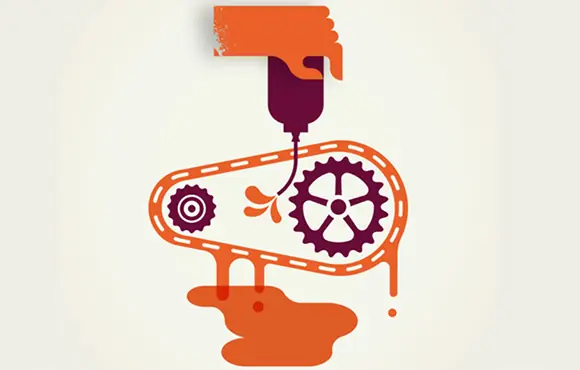
Problem: My chain isn't shifting correctly, and it skips a lot. What Happened: You may be an uber luber, and the excess sticky stuff is attracting grime to the chain and cassette.
First clean, rinse, and dry your chain and cassette (the gears in the back). You can buy bike-specific degreasers and chain-cleaning gizmos, but dish soap and a toothbrush work, too. Next, carefully apply one drop (more is not better) of lubeonto each roller as you turn the cranks backward for two or three rotations. Finally, take a clean rag and gently grip the chain's outer plates as you spin the cranks for one more rotation. Keep going until you've wiped off all the excess lube—it should be mostly inside the chain on the rollers, not on the outside where it can attract dirt.
Find
Cycling EventsAligning Your Wheel
2 of 6
Problem: I fixed a flat. Now the tire is rubbing one of the brake pads. What Happened: You reinstalled your wheel crooked.
If you slid the skewer all the way out to remove your wheel, you might have dropped one of the two skewer springs—which help keep your wheel centered—or reinstalled them backward. Check to be sure the narrow side of the spring is next to your hub; otherwise, it could increase the axle diameter and affect fit. Tip: You don't have to remove the skewer completely to take off a wheel. Just open the quick-release lever and spin the nut on the other side to loosen, then gently dislodge it from the dropouts (slots in the frame and fork where each skewer rests). When tightening, keep the bike on the ground to help the wheel sit properly.
Find
Cycling EventsInflating Your Tires
3 of 6
Problem: I keep getting flat tires. Are my tubes defective? What Happened: You're underinflating your tubes, there's debris inside the tire, or you're not installing them correctly. Low tire pressure can cause a tube to be pinched against the rim and result in what's called a pinch flat. Look on the side of your tire to find the recommended PSI (pounds per square inch) range. Inflate the tube to at least the lower number. If you're a heavier rider (more than 225 pounds including your bike), fill it to the maximum number. When changing a tire, run your finger along the inside to check for foreign objects (such as a tiny piece of gravel or glass) that could cause another flat. Before you inflate a new tube, check to make sure it isn't caught between the rim and the tire.
Find
Cycling EventsAdjusting Your Shifter
4 of 6
Problem: My chain keeps popping off. Can you adjust my shifter? What Happened: You didn't soft pedal when shifting between chainrings.
When you pedal hard while shifting, especially on hills, the chain has to work harder to move since it's already under heavy resistance. Try easing off as you shift gears. You won't lose momentum, but by avoiding a last-minute, panicked shift, your chain should move exactly where you want it to go. If you are soft pedaling but still dropping your chain, you may need a professional to adjust the limit screws on your front derailleur (the part that moves the chain between rings). These screws allow you to make precise adjustments, but even a small turn can cause damage if you're not sure what you're doing.
Find
Cycling EventsCleaning Your Chain
5 of 6
Problem: My chain is making a grinding noise. Can you quiet it down? What Happened: You're cross-chaining or not cleaning and lubing your chain often enough.
If your chain is grating or rasping when you're in your big chainring in front and your biggest sprocket in back (or vice versa), you're increasing wear and tear on your components--which will cost you money in the long run. Try clicking down two or three gears in the back and/or shifting into your smaller chainring. If that isn't the problem, it may be time to clean and lube your chain. Aim to do it at least every few weeks, and after any wet or muddy ride. If neither of these solutions works, you may want to consult with a mechanic. Your chain may be worn (and you'll need a new one) or your derailleurs need to be adjusted.
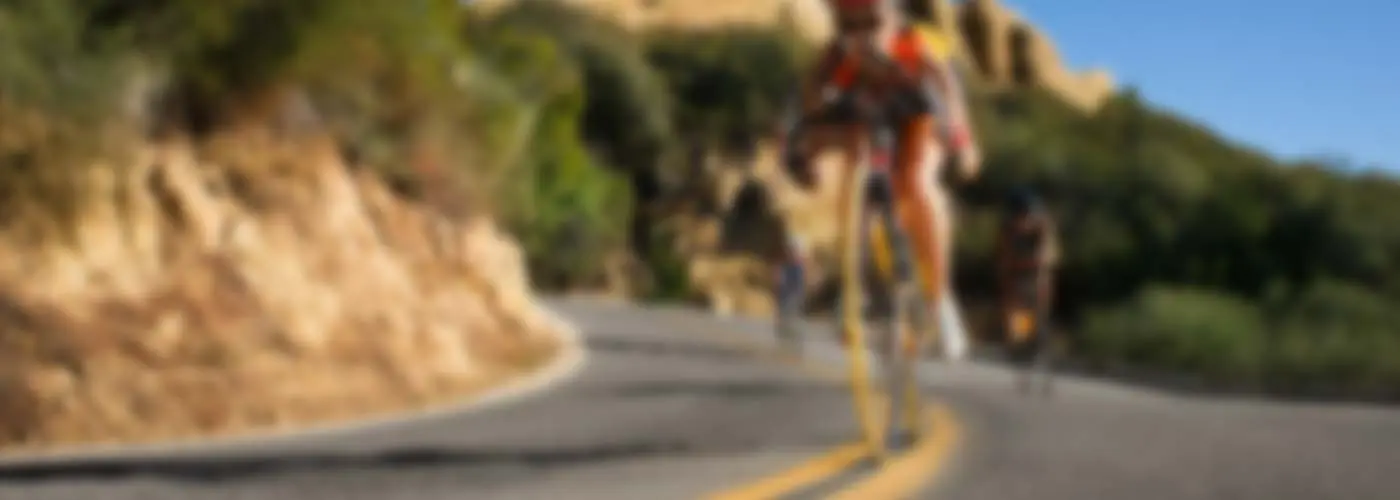
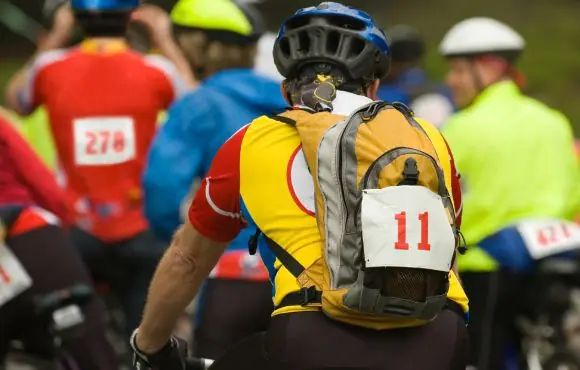


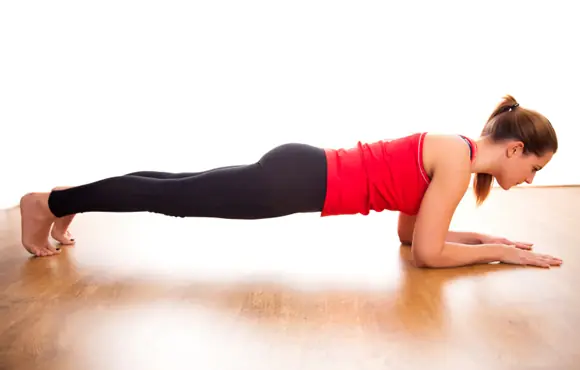

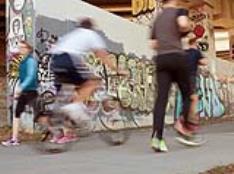
Discuss This Article